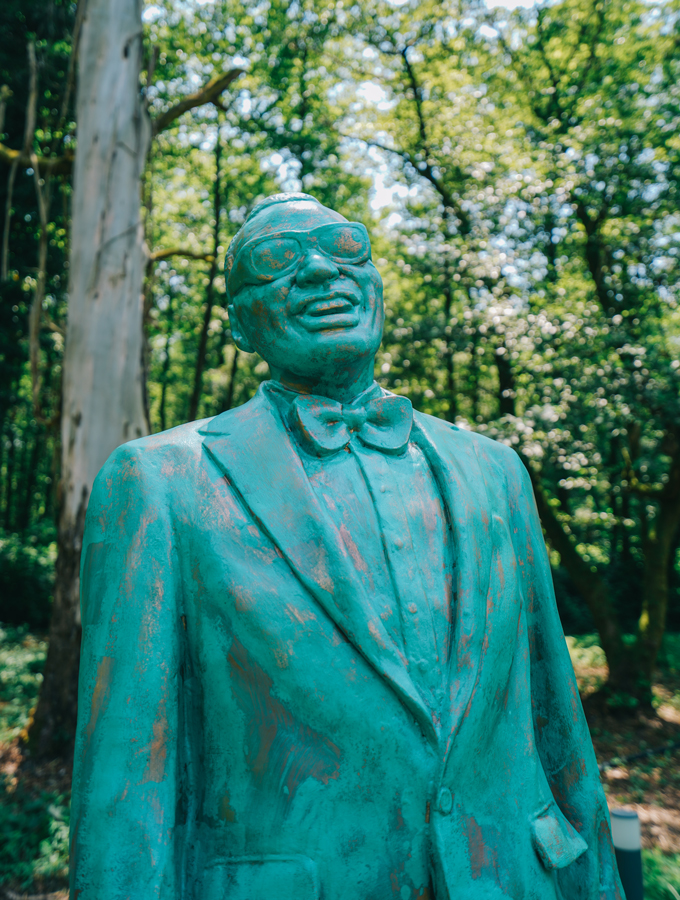Sign Up
BLACK SEA ARENA
Forgot Password
BLACK SEA ARENA
Sales Temporary Suspended

Ray Charles
Ray Charles was the musician most responsible for developing soul music. Singers like Sam Cooke and Jackie Wilson also did a great deal to pioneer the form, but Charles did even more to devise a new form of black pop by merging '50s R&B with gospel-powered vocals, adding plenty of flavor from contemporary jazz, blues, and (in the '60s) country. Then there was his singing; his style was among the most emotional and easily identifiable of any 20th century performer, up there with the likes of Elvis and Billie Holiday. He was also a superb keyboard player, arranger, and bandleader. The brilliance of his 1950s and '60s work, however, can't obscure the fact that he made few classic tracks after the mid-'60s, though he recorded often and performed until the year before his death.
Blind since the age of six (from glaucoma), Charles studied composition and learned many instruments at the St. Augustine School for the Deaf and the Blind. His parents had died by his early teens, and he worked as a musician in Florida for a while before using his savings to move to Seattle in 1947. By the late '40s, he was recording in a smooth pop/R&B style derivative of Nat "King" Cole and Charles Brown. He got his first Top Ten R&B hit with "Baby, Let Me Hold Your Hand" in 1951. Charles' first recordings came in for their fair share of criticism, as they were much milder and less original than the classics that would follow, although they're actually fairly enjoyable, showing strong hints of the skills that were to flower in a few years. Throughout the '50s, Charles ran off a series of R&B hits that, although they weren't called "soul" at the time, did a lot to pave the way for soul by presenting a form of R&B that was sophisticated without sacrificing any emotional grit. Charles remained extremely popular through the mid-'60s, scoring big hits like "Busted," "You Are My Sunshine," "Take These Chains From My Heart," and "Crying Time".Charles' influence on the rock mainstream was as apparent as ever; Joe Cocker and Steve Winwood in particular owe a great deal of their style to him, and echoes of his phrasing can be heard more subtly in the work of greats like Van Morrison.
Words: Richie Unterberger